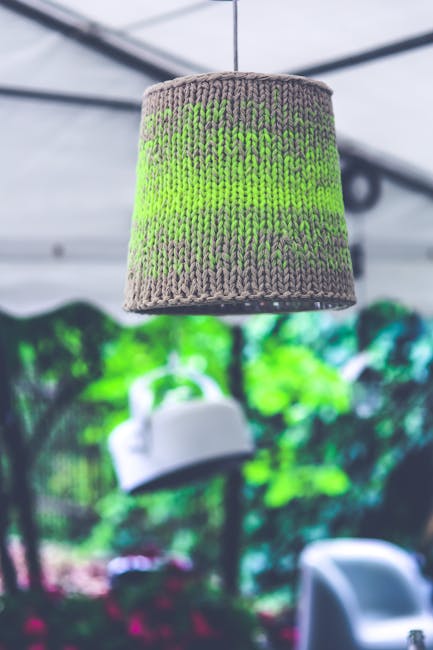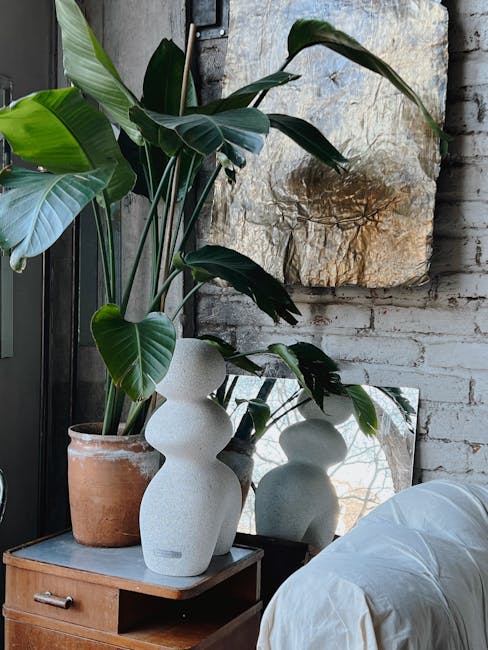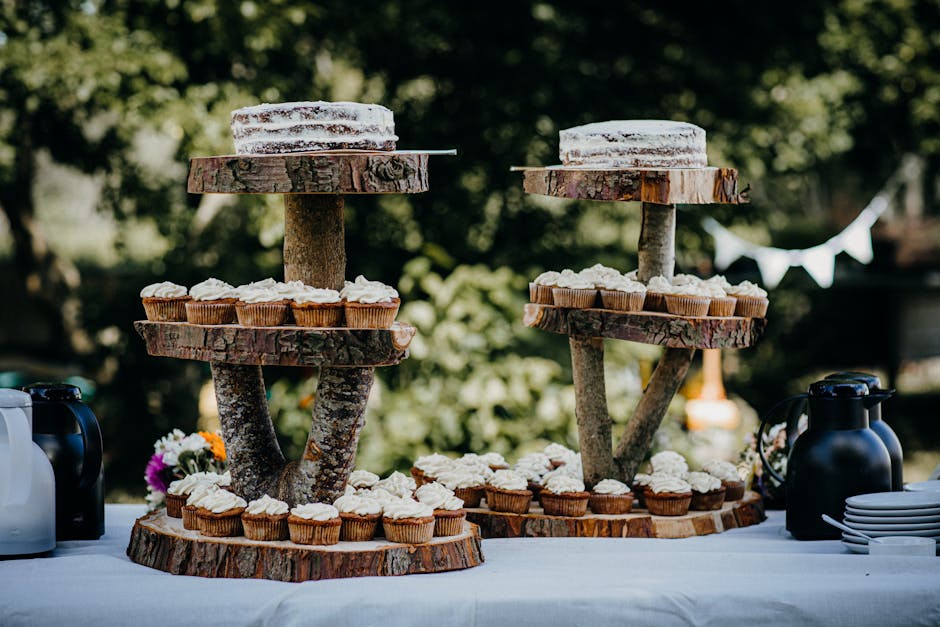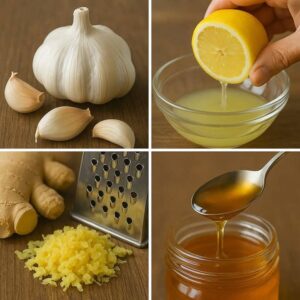DIY Hanging Baskets to Beautify Any Outdoor Space
Introduction
Want to add a splash of color and life to your patio, balcony, or garden? DIY hanging baskets are a fantastic and affordable way to transform any outdoor space into a vibrant oasis. Not only are they visually appealing, but they also allow you to showcase your creativity and horticultural skills. This guide provides you with everything you need to create stunning hanging baskets that will beautify your outdoor area.
Getting Started: Planning Your Hanging Basket
Choosing the Right Basket
Selecting the appropriate basket is the first crucial step. Consider these factors:
- Size: Determine the size based on the space available and the plants you intend to grow. Larger baskets hold more soil and water, requiring less frequent watering.
- Material: Options include wire, plastic, and moss-lined baskets. Wire baskets are durable but require a liner. Plastic baskets are lightweight and retain moisture well. Moss-lined baskets offer a natural aesthetic.
- Drainage: Ensure the basket has adequate drainage holes to prevent waterlogging, which can harm plant roots.
Selecting the Perfect Plants
Choosing the right plants is key to a thriving and beautiful hanging basket. Consider these factors:
- Sunlight: Match the plants to the amount of sunlight your space receives. Sun-loving plants include petunias, geraniums, and calibrachoa. Shade-tolerant plants include impatiens, fuchsias, and begonias.
- Growth Habit: Combine plants with different growth habits for visual interest. Include trailing plants (e.g., trailing lobelia, ivy geraniums), mounding plants (e.g., petunias, calibrachoa), and upright plants (e.g., geraniums, verbena).
- Color Palette: Choose a color scheme that complements your outdoor space and personal preferences. Consider monochromatic schemes, complementary colors, or a mix of vibrant hues.
- Water Needs: Group plants with similar water requirements to simplify watering.
Essential Supplies
Gather these supplies before you begin:
- Hanging basket
- Basket liner (if needed)
- Potting mix (specifically formulated for hanging baskets)
- Slow-release fertilizer
- Water-retaining granules (optional, but helpful in dry climates)
- Plants
- Watering can or hose
- Gloves
Creating Your DIY Hanging Basket: Step-by-Step Guide
Step 1: Lining the Basket
If using a wire basket, line it with a coco coir liner, sphagnum moss, or burlap. This will help retain moisture and prevent soil from spilling out.
- Trim the liner to fit the basket, leaving enough excess to fold over the top edge.
- Place the liner inside the basket, ensuring it covers the entire surface.
Step 2: Preparing the Soil
Use a high-quality potting mix specifically formulated for hanging baskets. This type of mix is lightweight and provides good drainage.
- In a large container, mix the potting mix with slow-release fertilizer and water-retaining granules (if using).
- Moisten the soil mixture before adding it to the basket.
Step 3: Planting Your Flowers
Arrange your plants in the basket to create a balanced and visually appealing display.
- Fill the basket with soil about halfway.
- Gently remove the plants from their containers and loosen the root balls.
- Place the upright plants in the center of the basket.
- Arrange the mounding and trailing plants around the edges, allowing them to cascade over the sides.
- Fill the remaining space with soil, ensuring the plants are securely planted.
Step 4: Watering and Initial Care
After planting, water the hanging basket thoroughly until water drains from the bottom. This will help settle the soil and hydrate the plants.
- Place the basket in a sheltered location for a few days to allow the plants to adjust.
- Monitor the moisture level of the soil and water as needed.
Maintaining Your Hanging Basket for Lasting Beauty
Regular Watering
Hanging baskets tend to dry out quickly, especially in hot and windy conditions. Water regularly, ideally in the morning or evening. Check the soil moisture daily and water when the top inch feels dry.
Fertilizing
Hanging baskets require regular fertilization to maintain their lush growth and vibrant blooms. Use a liquid fertilizer every 2-3 weeks, following the instructions on the label.
Deadheading
Remove spent flowers regularly to encourage continuous blooming. Pinch off dead or yellowing leaves to maintain the plant’s health and appearance.
Pest and Disease Control
Inspect your hanging basket regularly for signs of pests or diseases. Treat any problems promptly with appropriate organic or chemical controls.
Conclusion
Creating your own DIY hanging baskets is a rewarding and cost-effective way to enhance your outdoor space. By following these tips and tricks, you can create stunning displays that will bring beauty and joy to your home all season long. So, gather your supplies, unleash your creativity, and get ready to enjoy the vibrant colors and textures of your own personalized hanging baskets! Happy gardening!














Post Comment